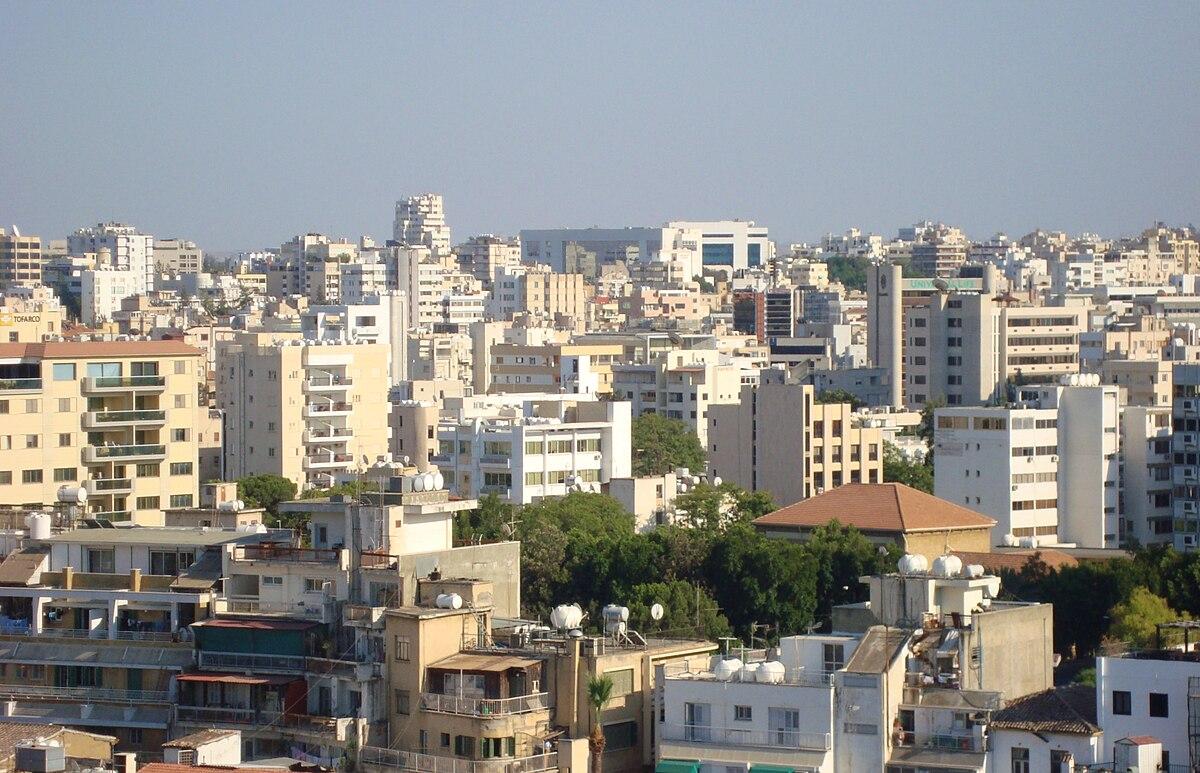Buying property in Cyprus is an excellent investment. For this reason, foreigners have been actively investing their money in residential and commercial projects on the island for many years.
According to data recently published by the Land Department, foreigners bought 4,426 properties in Cyprus in 2024 (of which 2,511 transactions were for third country nationals and 1,915 for EU citizens), in 2023 - 4,381 properties (of which: 2,488 transactions were for third country nationals and 1,893 for EU citizens), in 2022 - 4,488 properties (of which: 1,471 transactions for third country nationals and 3,017 for EU citizens).
At the same time, the agency noted that foreigners are more likely to acquire properties in coastal areas. Thus, since 2015, the majority of transactions in this category have involved foreign buyers. At the same time, the majority of property on the island is still owned by the local population.
In particular, Cypriots (individuals) now own 97.56% of the total area of real estate in the Nicosia area, while in the free areas of Famagusta this figure is 91.09%, in the Larnaca area - 93.75%, in the Limassol area - 93.01%, in the Paphos area - 87.76%.
As regards commercial property, the picture is more mixed. According to the Cypriot Ministry of Interior, if foreigners register a company in Cyprus and buy property through it, they are not counted as foreign buyers.
This is a really serious problem in terms of data cleanliness and we need to find a way to solve it,' experts say.

Recall that a scandal recently erupted in the Cypriot parliament over uncontrolled property sales to foreigners. The AKEL party demanded that the preferential VAT rate for third-country nationals buying property in Cyprus be abolished.
The MPs said that the current system heats up the housing market, provokes higher prices and reduces the ability of Cypriots to buy a house or an apartment at an affordable price. According to AKEL, abolishing the exemptions will increase state revenues. At the same time, they are not against giving a favourable VAT rate to those who really need this kind of support. AKEL said that the previous authorities had focused on attracting foreign investors, often ignoring the interests of the local population. As a result, many Cypriots now find themselves in a situation where they cannot afford not only to buy but also to rent accommodation.
